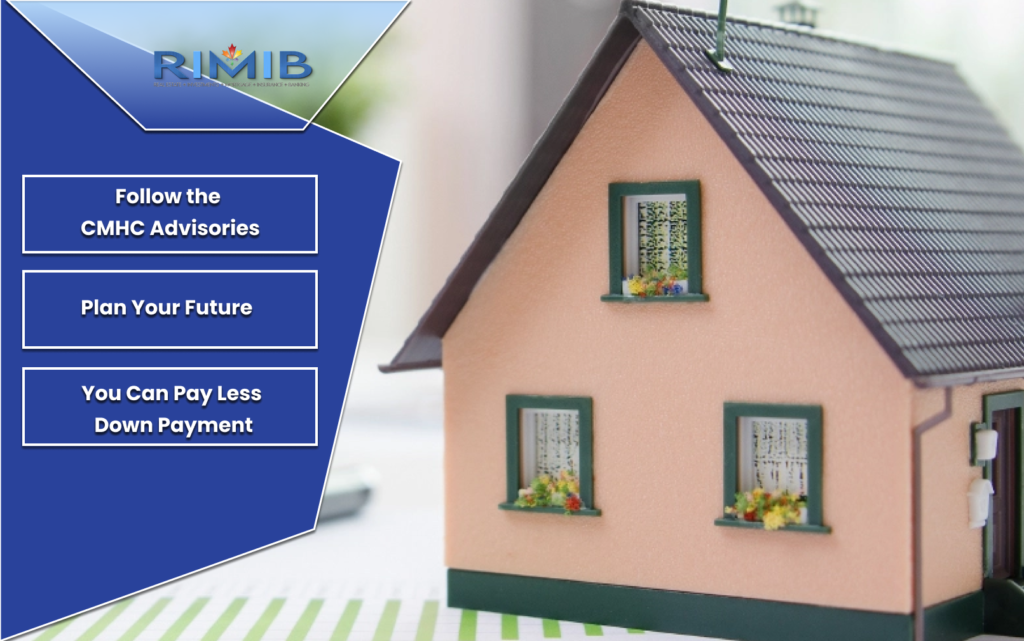Top Three Strategies for First-Time Home Buyers in Canada

Undoubtedly, owning something you can call “home” is surreal. It is a dream so big that many Canadians put their all into realizing it. So, to ensure that nothing goes wrong, we have written this informative post that gives you the top three strategies to follow.


How do You know That You Are Ready to Buy Your First House?


The Canadian real estate market is at its peak. The prices are sky-high, especially in Toronto and Vancouver.
Still, in a recent survey conducted by a reputed online website, around 39% of Canadian adults are willing to buy their first residential accommodation in the next five years. About 18% are highly ambitious and have planned to buy a house in the next two years.
But do you need a house? Are you influenced by your cousins, colleagues or friends who have recently bought a house? Well, it’s high time that you made a deeper self-assessment.
Below is a list of a few factors that can help you in deciding whether you need a home:
- You believe owning a house is better than renting in the long run. It is good decision.
- You feel the need for additional space.
- You want to be more intimate with your family members and want to give them a roof over their head
- You are looking for accommodation in a better community located at a better location
- You want to build some home equity and own something under your name
Above are some of the best reasons for owning a house. However, it is not easy. There is a gap between:
- Willing to own a house
and
- Being ready to own a house
There have been several requirements, challenges, and issues that first-time home buyers face. Majorly, they suffer due to a lack of awareness and efficient planning. This blog gives you the best strategies following which you can make your buying process smooth and easy. So, keep reading till the very end.
The Three Best Strategies


1. Know Your Mortgage Affordability – GDS, and TDS
“Bigger homes have always excited me. More space, amenities, and luxury all around. But, they certainly cost you a fortune. I decided to be unrealistic while making my first home purchase.
I thought I would be able to meet the high mortgage costs, defaulted & everything ended with foreclosure,” said Katherine Wilson, a resident of the Greater Toronto Area, who recently lost her first house in foreclosure.
Being unrealistic is the biggest mistake most first-time homebuyers make. According to an advisory issued by the CMHC (Canada Mortgage and Housing Corporation) – Your monthly mortgage payments be less than 39% of your average before-tax monthly income.
This percentage represents the Gross Debt Service (GDS) ratio. You can calculate your GDS using the following formula:


* Note that while calculating GDS – both numerator and denominator should be harmonious. You have to use your monthly gross family income and monthly housing costs.
Furthermore, as per CMHC, your total monthly debt burden should be less than 44% of your gross monthly income. This percentage is known as the Total Debt Service (TDS) ratio. You can calculate your TDS using the following formula:


* The cost of other debt payments would include all your debt obligations and payables other than the mortgage loan. It includes:
- Personal loan, car loan, student loan, etc.
- Credit Card Balances
- Line of Credits, etc.
While buying your first house, you are following the advisories issues by CMHC in GDS & TDS. It will help you in avoiding default and foreclosure.
2. Plan the Future
You can afford the home today. You have accumulated 20% of the purchase price as a down payment and are ready to meet the monthly mortgage payments.
But can you afford this when a baby comes along? – The day-care payments are expensive
Or maybe, what if your career goes off-track? – You will be dipping in your savings then.
Lack of planning always affects you negatively. First-time homebuyers should always contemplate at least 8 to 10 years of their future and think of everything that can happen.
They should analyse whether they can meet all the additional expenses with the regular monthly mortgage payments.
If the answer is a confident YES, you can go ahead or wait for some more time and accumulate more funds. Build a corpus of surplus money. It will help you in meeting all the future contingencies. And when you are satisfied, proceed ahead with your housing search.
3. You Can Buy A House Even With a 5% Down Payment
Several first-time home buyers feel that owning a house with less than a 20% down payment is the worst option. It is because you have to buy the default insurance offered by the CMHC.
* It should be noted that houses worth $1 million and above not covered by CMHC’s default insurance.
In Canada, the default insurance offered by CMHC costs you around 2.80% to 4% of your mortgage amount.
For example, if you have obtained a $600,000 mortgage loan for 20 years, you will be paying $24,000 ($600,000 x 4%) for the insurance policy.
The good part is that you usually get finance for this cost and added to your mortgage loan amount.
This burden is not much. And if you are deterring your plan to buy a house just because you have not saved 20% of the purchase price, think again.
The insured mortgages are always cheaper and offer you the best mortgage rate. After buying a default insurance policy, you can also pass your default burden to CMHC.



